Former Indian army chief calls for diplomacy over war with Pakistan
The former army chief’s remarks signal growing disapproval of Modi’s war stance.
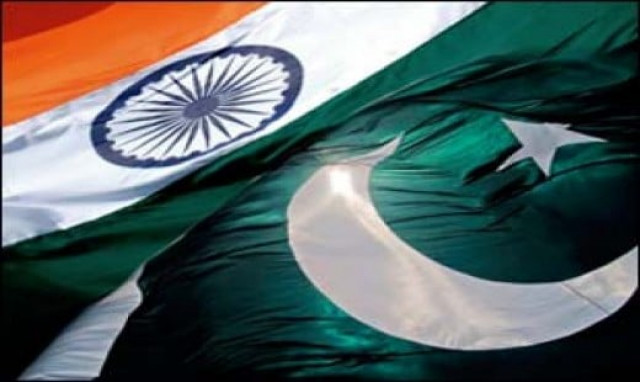
Former Indian Army Chief General (r) Manoj Naravane has spoken out against war, calling for diplomatic efforts to resolve long-standing issues like Kashmir, in a rare stance reflecting growing dissent in India.
As voices across Indian society increasingly criticise Prime Minister Narendra Modi's policies during the Pakistan-India conflict, General (r) Naravane described questions being raised over the ceasefire as "irresponsible."
"The solution to all pending disputes lies in dialogue," he said, indicating that Pakistan and India should also resolve the Kashmir issue through negotiations instead of military confrontation.
His remarks align with earlier offers by US President Donald Trump to mediate between the two countries on Kashmir.
“War is a serious and bitter reality—not a romantic tale or a Bollywood film,” said Naravane. “As a soldier, my first preference will always be diplomacy.”
He highlighted that the consequences of war extend beyond the battlefield, impacting innocent civilians, especially children, who suffer from post-traumatic stress disorder (PTSD).
"Those who advocate war should also consider the suffering of affected families," he added. “National security is not just the responsibility of the government or the military but a shared duty of every citizen.”
Military analysts noted that the former Army Chief’s statements clearly suggest that war is not a solution and that diplomatic channels should be pursued to ensure lasting peace, particularly on the Kashmir issue.
They emphasised that the emotional and humanitarian costs of war must not be ignored.
The remarks by former Indian Army Chief General (r) Manoj Naravane come amid escalating domestic criticism of Prime Minister Narendra Modi’s handling of the recent conflict with Pakistan, particularly following the collapse of “Operation Sindoor.”
The operation, which had aimed to assert India’s military advantage, ended with a US-brokered ceasefire that opposition parties have labelled a diplomatic and strategic embarrassment.
Shiv Sena (UBT) has led the political backlash, with senior leader Sanjay Raut demanding the resignations of Modi and Home Minister Amit Shah.
Raut called the operation’s failure and the subsequent ceasefire a “national humiliation,” insisting that Modi had forfeited the moral authority to lead the country. He also urged the government to immediately convene Parliament for a detailed discussion on the operation, the ceasefire deal, and the April 22 Pahalgam terror attack that triggered the escalation.
Congress leader Rahul Gandhi echoed the demands, calling for an all-party meeting and criticising the Modi administration's decision-making. Congress President Mallikarjun Kharge questioned the lack of strategic clarity and demanded the government present a full account to the nation. AAP spokesperson Priyanka Kakkar criticised the reliance on foreign mediation, warning that India’s diplomatic autonomy may be undermined.
While opposition figures across the spectrum voiced concern, some like Congress MP Shashi Tharoor adopted a more nuanced stance. Tharoor described the ceasefire as a “necessary recalibration” to prevent deeper conflict, even if strategic goals were not fully met. RJD’s Manoj Jha, however, warned against allowing foreign intervention to become a precedent, backing Gandhi’s call for a special Parliament session.





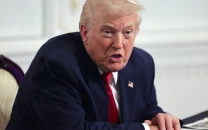


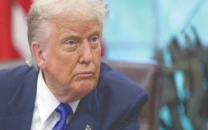
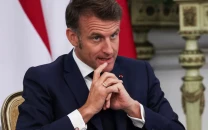
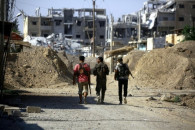
1724148693-0/BeFunky-collage]_____-(24)1724148693-0-208x130.webp)











COMMENTS
Comments are moderated and generally will be posted if they are on-topic and not abusive.
For more information, please see our Comments FAQ